The electric vehicle (EV) market in the US has undergone a remarkable overhaul, with only a handful of models now eligible for the full $7,500 federal tax credit.
As of January 1st, the Chevy Bolt EV and EUV, Ford F-150 Lightning, Tesla Model 3, Model X, Model Y, and Chrysler Pacifica PHEV are the sole recipients of this incentive, thanks to their compliance with new battery sourcing and mineral requirements.

The Inflation Reduction Act of 2022 has ushered in stricter guidelines, prioritizing domestically sourced battery materials and reducing reliance on foreign entities like China, which dominates the global battery supply chain.
This shift has led to the exclusion of popular EVs like the Nissan Leaf, Volkswagen ID.4, and Hyundai Ioniq 5, forcing manufacturers to reassess their EV strategies.
While some companies are investing in US-based battery production, others are scaling back EV plans due to waning demand.
Leasing has emerged as a viable option, as most electric and plug-in hybrid vehicles remain eligible for the full tax credit when leased, allowing financing divisions to claim the credit and lower lease prices.
As the EV landscape continues to shift, consumers and manufacturers must adapt to these new regulations and incentives.
The reduced eligibility for the tax credit may impact EV sales, which could slow the transition to electric vehicles.
However, the push for domestic battery production may lead to increased investment and job creation in the US battery industry. Eventually the changes will shape the future of the EV market and influence the direction of sustainable transportation in the US.





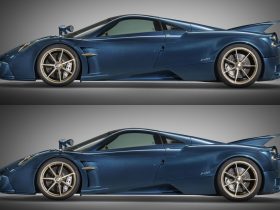
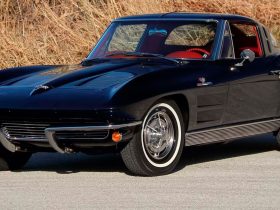
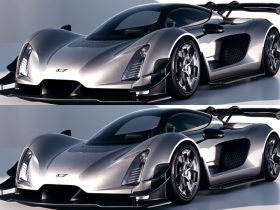

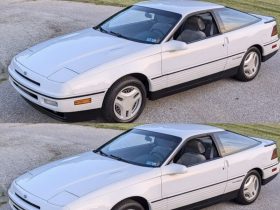










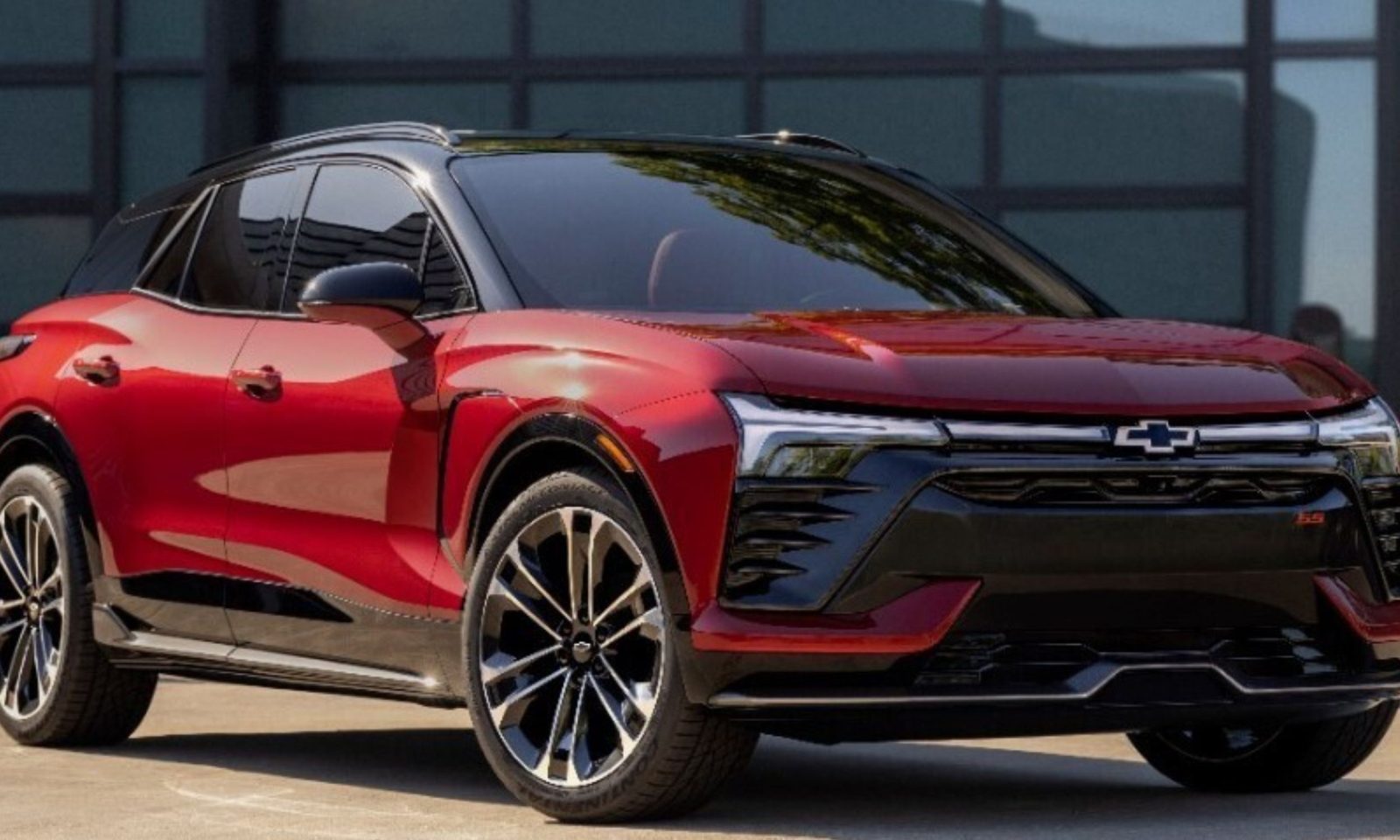





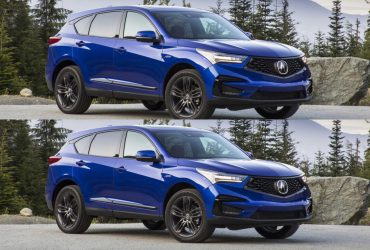

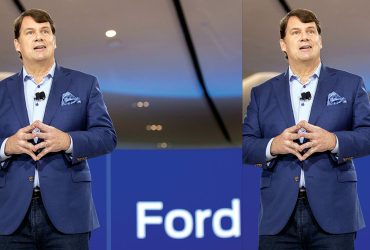
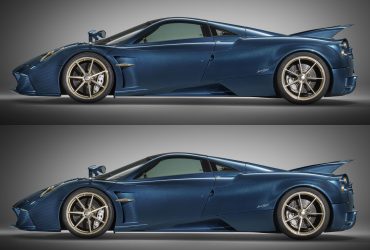
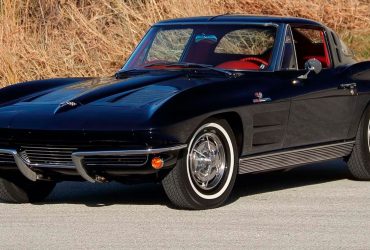
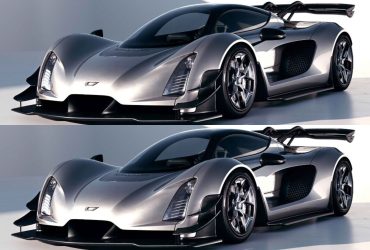
Leave a Reply